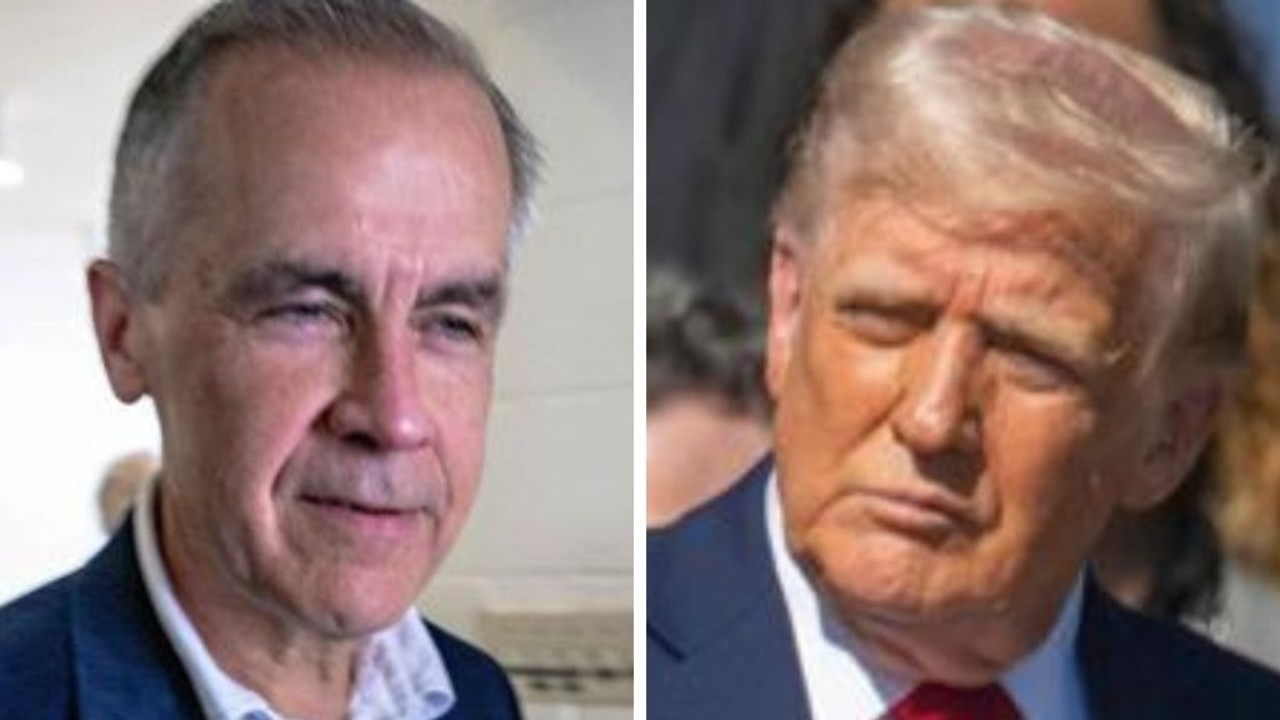Trump is now more annoying than the cost of living crisis
Donald Trump has officially become more of a headache than the price of groceries, with Aussies now ranking him as one of the most annoying figures in their lives.

World
Don't miss out on the headlines from World. Followed categories will be added to My News.
US President Donald Trump has officially become more of a headache than the price of groceries, with Aussies now ranking him as one of the most annoying figures in their lives.
Mr Trump rating as the most irritating figure in Australians’ lives jumped from 2 per cent in January to 29 per cent in March. He now ranks higher than groceries, bills or local politicians. These findings from a survey of 2503 Australians by the Lighthouse Consumer Tracker: March 2025 Update, conducted exclusively by the News Corp Australia’s Growth Intelligence Centre (GIC), came before Mr Trump’s large-scale rollout and subsequent withdrawal of international tariffs with the current figure likely to be even higher.
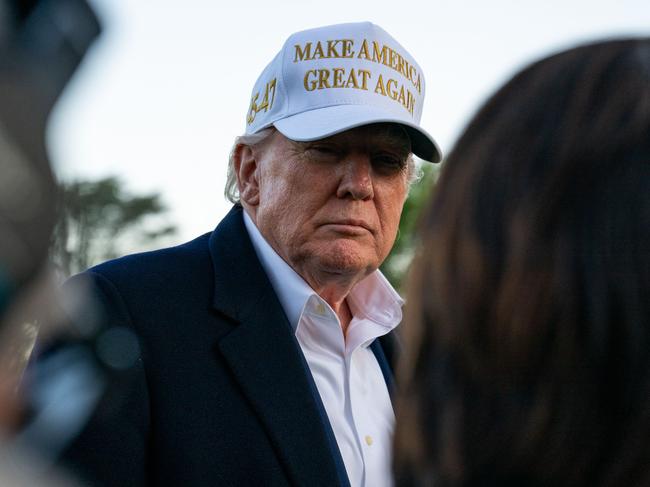
Researcher and teacher at the Centre for International Security Studies at the University of Sydney Dr Stuart Rollo said media saturation was the most likely driver behind the increased annoyance but that it also indicated a deeper more widespread anxiety.
“People will usually be annoyed by whatever they’re seeing in the media constantly and of course Trump is the biggest news story every day,” Dr Rollo told news.com.au.
“[Trump] as well absolutely has a sort of crudeness, bullying style that we don’t tend to associate with politicians. Australians tend to like the mild mannered politician, the every day friendly politicians which Trump certainly isn’t.
“But I also think Australians are finally waking up to the fact that the world is changing, we’ve benefited hugely from the America governed and shaped world and region in the last 80 years and Trump represents the wilful demolition of that American lead world order.”
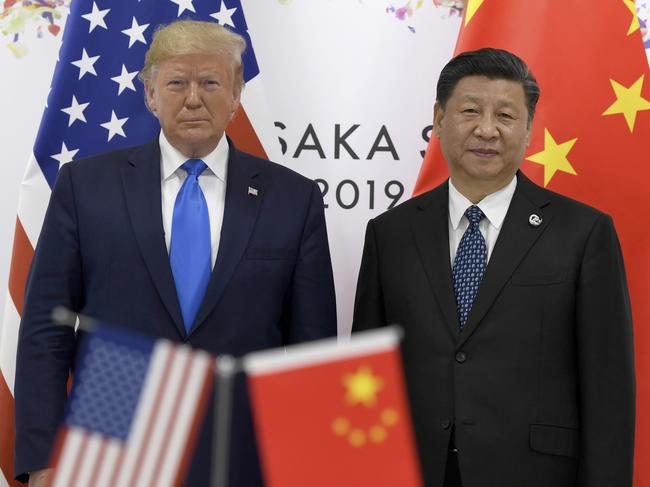
“‘America first’ Trump says he represents so strongly and this just represents the unknown for Australians and whether they’re conscious of that fully or not I think it’s something that really scares Australians to death,” Dr Rollo said.
The increase in Trump annoyance was driven largely by Baby Boomers and Dr Rollo said it makes sense that those who “have lived in this system their entire lives would be the least comfortable with change”.
And it’s not just Aussies annoyed by Mr Trump, with a Washington Post-ABC News-Ipsos poll published in the US this week, revealing his approval rating is lower than any past president at the 100-day mark in their first or second terms.
Just 39 per cent of adult Americans gave Mr Trump their tick of approval, compared with 55 per cent who disapprove, and 44 per cent who disapprove strongly.
With the federal election campaign entering its final week, the Lighthouse survey also found Aussies are getting increasingly annoyed with their own politicians.
The percentage of Australians who find politicians annoying increased from 33 per cent in January to 40 per cent in March, and particularly so for older voters who both parties are trying to win.
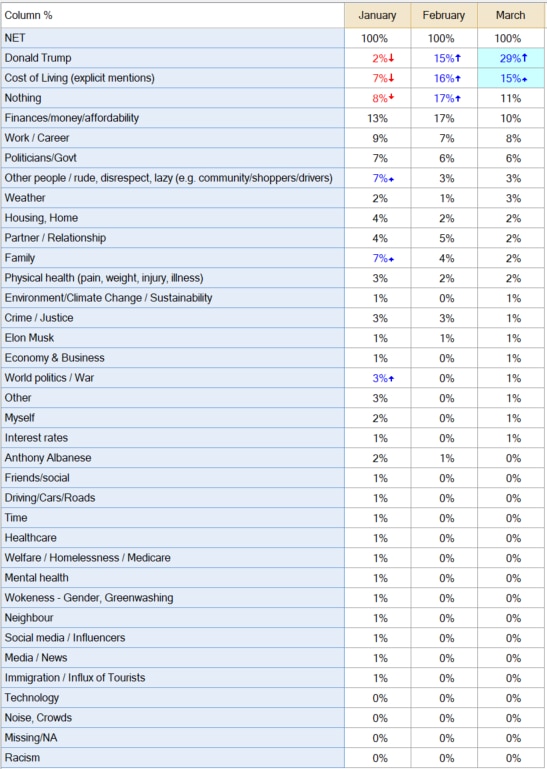

Dr Rollo said he was unsure about the age divide but sympathised with voters fed up with politicians.
“I don’t know whether it’s concentrated in Boomers but I think young people should be and are particularly disillusioned about politicians now,” he said.
“Quite the opposite to Donald Trump, we have a system that never changes. Politicians keep coming out saying the same things they’ve been saying for 15 years now and yet the economic conditions of Australians are in decline, the prospects of quality of life especially for young people are in decline – that’s why I find politicians annoying.”
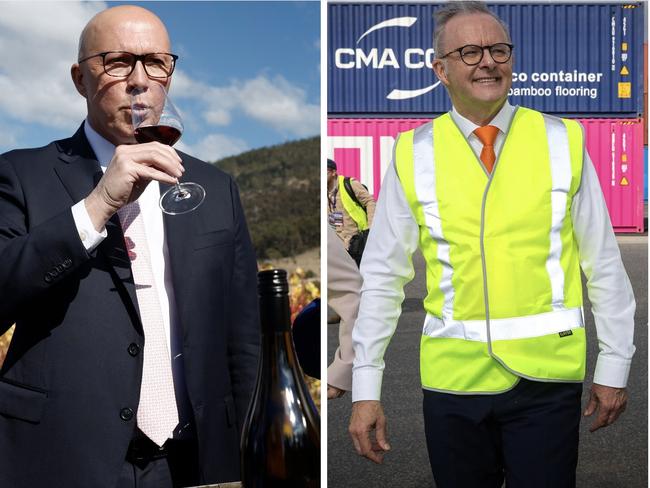
With the rise in international tensions the defining question for many Aussies remains the prospect of war outbreak. Dr Rollo believes the way wars are waged and control is maintained has changed dramatically over the past 80 years.
“I think the US planned pretty well and I think they’ve known for a while now that they can’t sustain a direct war with China or Russia, it just wouldn’t be popular but they don’t actually have a direct national security reason to – their people are not at threat, their world control system is,” he said.
“So I think they’ll be doing things similar to what’s happening in Ukraine where they support a proxy to try to weaken a rival. The citizens of that proxy state will be the ones doing the dying and then they can cut and run when it suits them as well, so they’ll probably be looking to use Taiwan and other states in Asia in that way against China.
“Whether those states will let themselves be used is another question and I think those states have seen what’s happened to Ukraine and got the message. I think Australia has hopefully as well.”

Dr Rollo believes the period of US dominance is coming to an end and the landscape of international politics will redistribute into a more ‘multi-polar’ system.
“I think the US has recognised that it can no longer afford to support a system that is actually dispersing strength rather than concentrating it and now they are reversing the very lines of empire that they built for 80 years and they’re now creating a system where all of that industrial strength, the financial and economic systems are actually working towards concentrating all of that wealth and power back in the US and that’s going to look very different for American allies than it has in the past.
“America will be able to direct a higher, more interventionist style of dominance with a range of countries, Australia will probably stick within that American sphere of influence. But it will benefit us less and it will impose more costs on us so we will become an even larger American military and intelligence space and they’ll pressure us to cut our economic relations with China and alter them in a way that will be massively damaging to our economy.”
With foreign policy a key battleground issue going into the election Dr Rollo believes it’s a rare moment where the difference between political parties in Australia actually matters.
“I think the Liberals are tighter with the US and they don’t even see it as desirable that Australia should have an alternative sort of sovereign independent foreign policy and our own defined position in the region. I think Labour has both tendencies, the ‘all the way with the US no matter what’ tendency has been winning since Obama but I think as the costs in the US start turning the screws on Australia to sacrifice our economic partnership with China then I think Labor will probably get it back to slightly more independent.
“I don’t think we should just abandon the US alliance but I think we need to start actually actively seeking to shape the terms of it in ways that benefit us, not just being a passenger the whole way.”
Originally published as Trump is now more annoying than the cost of living crisis
Read related topics:Donald Trump




